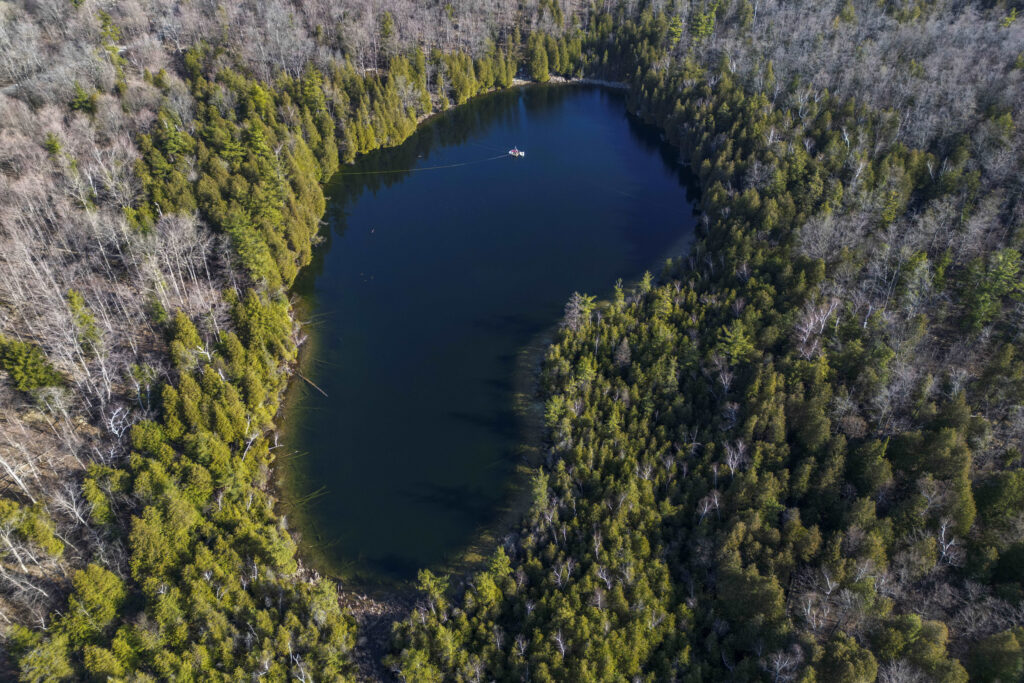Climate scientists are admitting that their measurements of ocean surface temperatures through the 20th century are far less certain than they used to claim. In fact, they’re not even sure whether the oceans warmed or cooled between 1950 and 1975. Since the oceans make up 70 percent of the Earth’s surface, this kind of uncertainty has big implications for the calculations that go into climate modeling. It’s one more sign that, among themselves, and in their more honest moments, climate scientists are not as confident as governments and activists make them out to be.
Prior to the worldwide deployment of the Argo network of robotic buoys in 2001, measurement of global ocean temperatures relied on data collected in shipping lanes by ocean-going vessels. Ships used two methods to take Sea Surface Temperature (SST) readings: putting a thermometer in a bucket of water drawn from the ocean surface, or taking the temperature of water drawn in to the engine cooling system. Much of the data in the global ocean archives fails to indicate how the measurements were taken, but to the extent they can be separated by technique, the new study by Davis et al. reports that the two methods yield contradictory conclusions. The bucket data suggests the world’s ocean surface warmed from 1950 to 1975, whereas the engine intake data suggests it cooled. And the bucket types changed along the way, adding another layer of uncertainty.
Confronted with a contradiction in trends between two measurement systems, climatologists have devised “adjustment” methods to bring the data sets into agreement. But, as these authors note, the adjustments are as large or larger in magnitude than the trends the data sets are supposed to measure. And when the error is larger than the data going in, it can’t be smaller coming out.
The implications? The authors state: “The uncertainty highlighted here has important – but in our view widely overlooked – implications for the interpretation of observed decadal climate variability over both the Pacific and Atlantic basins during the mid-to-late 20th century.” Namely, theories about major climate processes that are based on assumptions of ocean warming in the decades after WWII may be faulty.
Other than that, the science is settled, so pay your carbon taxes, say goodbye to your oil industry and shut up.



A great deal of what passes for climate science fails basic validation tests. But it's good enough for government work!